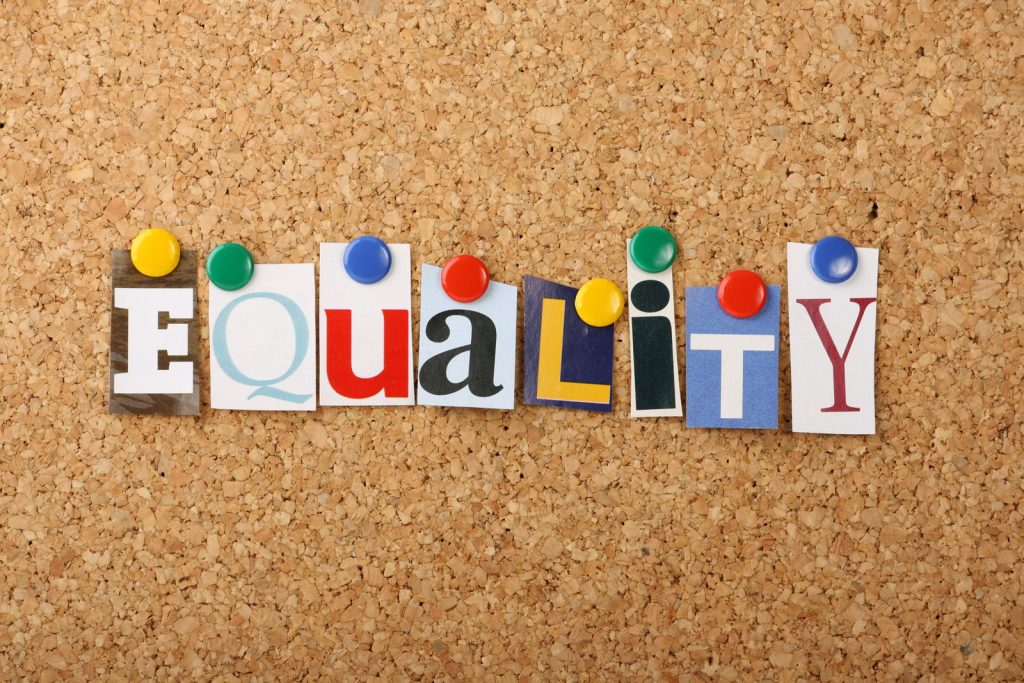An Epidemic of Sexual Abuse Claims Against Hockey Canada
It seems like a day doesn’t go by without new media reports of sexual abuse or sexual harassment allegations involving Scouts Canada, Hockey Canada or other amateur sports organizations. Canada is literally facing an epidemic of sexual abuse cases and allegations. If you or someone close to you has been sexually abused, or subjected to sexual harassment, you probably want to know what your legal options are. You can arrange a consultation at no charge with a Halifax sexual abuse lawyer.
There are generally three different fact situations when it comes to Hockey sexual abuse claims:
- Sexual abuse of a hockey player by a coach;
- Sexual abuse by a hockey player by other hockey players; and
- Sexual abuse of a fan by other hockey players.
The most recent avalanche of allegations involves Hockey Canada, the host of the World Junior Hockey championship tournament. The revelations indicate Hockey Canada was aware of sexual assault allegations involving members of the 2018 Hockey Canada team.
It’s fair to say that Hockey is an obsession with many Canadians. In fact it is this obsession, and the hopes of many amateur hockey players that they may eventually be able to play in the NHL, that leads to potential legal risk. We have been representing sexual abuse survivors across Canada for decades and I addressed these risks in an article I wrote for Canadian Lawyer magazine: Sports and Scouts at Risk of Liability for Sexual Abuse.
The World Junior Hockey championship tournament would ordinarily be an exciting event in the global hockey community, but due to the sexual assault allegations, the tournament this year has been met with relative indifference.
What Has Been the Public Response to the Hockey Canada Allegations?
The City of Edmonton withdrew its support of the tournament. The city’s tourism board did not promote the event this year. The federal government has stopped funding Hockey Canada and has ordered an audit to make sure that federal funds were not spent to keep abuse victims silent.
What is the history of sexual abuse cases and allegations involving Hockey Canada? What are the legal issues involved? Who has the burden of proof in sexual abuse cases, and what do the victims of sexual abuse have to prove in order to prevail with their sexual abuse claims?
If you’ll keep reading, you will find some of the answers you may need, but if you have personally been a victim of sexual abuse, you should also discuss your case at no charge with a Nova Scotia sexual abuse lawyer.
What Are the Details of the Hockey Canada Sexual Abuse Cases?
In May of this year (2022), TSN reported that Hockey Canada paid more than three million Canadian dollars to resolve a lawsuit brought by a woman who claimed that in 2018 eight players on the world junior hockey team sexually assaulted her.
Hockey Canada admitted that the payment was made from a fund created out of hockey players’ registration fees, including children’s fees. That fund has reportedly paid more than seven million Canadian dollars to resolve nine sexual abuse and assault cases since 1989.
In other cases, several junior players have been convicted on sexual misconduct charges, spared jail time, and then signed by the National Hockey League. In another notorious example, Graham James, a youth hockey coach and The Hockey News “Man of the Year” in 1989, received two sexual assault convictions for abusing players that he coached.
What is Sexual Abuse?
Sexual abuse may be an isolated single incident or a series of incidents, and a number of behaviors may be considered sexual abuse, but the widely accepted definition is “non-consensual sexual contact or behavior” including but not limited to:
- Unwanted sexual touching;
- Rape or attempted rape;
- Forcing or coercing someone else into engaging in sexual behavior;
- Sexual assault with an object.
Who Has the Burden of Proof in Civil Sexual Assault Cases?
In civil lawsuits, which includes lawsuits for sexual abuse from sexual assault, the abuse survivor is called the “plaintiff,” and the burden of proof is the plaintiff’s responsibility. Essentially, the plaintiff must convince the court that it is “more likely than not” the assault happened and that the survivor suffered harm as a result.
A sexual abuse lawyer will help you prepare your case by compiling evidence including witness statements, texts and emails from the alleged abuser, and other evidence to meet the burden of proof. Your lawyer may also use your school, employment, medical or therapy records for evidence to establish the impact of the abuse..
For example, if you spoke to a trusted friend or loved one after the sexual assault, that person can testify regarding your words and state of mind. If the abuser left threatening or intimidating text messages or emails, those messages can be powerful evidence in a civil sexual abuse trial.
If you were a good student in school but your grades fell after the abuse, that can be used as evidence to establish that the abuse impacted your education and potential future employment.
Why Should You Consider Pursuing a Sexual Abuse Claim in Civil Court?
The burden of proof in a civil trial (proof on the “balance of probability”) is lower than the evidentiary burden in a criminal trial, where guilt must be proven “beyond a reasonable doubt”. In a civil compensation claim, your lawyer must prove that it is more likely than not that you were assaulted and suffered harm as a result.
That’s not always easy. In some cases the abuser may claim that the sexual abuse was in fact consensual sexual behavior, but an experienced sexual abuse lawyer will collect evidence to show that there was a power imbalance that means the “consent” wasn’t legitimate.
Most research by advocates for sexual abuse survivors has shown that the vast majority of sexual assaults go unreported and unprosecuted. Survivors may not feel comfortable or safe pursuing criminal charges, but there are measures that can be put in place by your sexual abuse lawyer to protect your privacy and confidentiality so you can get some measure of justice, accountability and possibly monetary compensation.
What Else Should You Know About Youth Sports and Sexual Abuse?
In 2019, the CBC reported that more than two hundred Canadian youth sports coaches had been convicted of sex crimes against minors in the preceding two decades. At that time, thirty-four other criminal prosecutions were pending against other Canadian youth sports coaches.
Today, most Canadian youth sports leagues conduct background checks on coaches, but that hasn’t always been the case. Also it’s important to remember that a records check alone doesn’t provide assurance that a coach doesn’t present a potential risk. Some predators assault dozens of children over a period of years without being charged or arrested. Their victims do not come forward out of fear, shame, or a number of other reasons.
Studies have shown that the sexual abuse of a child almost always causes long-term mental and emotional damage. As adults, child sexual abuse victims often struggle with a lack of trust, with relationship issues, with substance abuse difficulties and possible depression or post traumatic stress.
In some childhood sexual abuse cases, parents can sue the organization that hired the abuser and provided that person with access to your child for negligence. These negligence lawsuits sometimes lead to the discovery of more abuse victims and charges against the abuser.
Learn More: Read Breaking the Silence
We’ve been advocates for abuse survivors for over three decades. As a sexual abuse lawyer we are happy to provide our experience to abuse survivors by providing a free case review at no cost and with no obligation. If your’re a parent who suspected a coach or any other adult has committed sexual abuse against your child or if you are an adult who suffered sexual abuse in the past, please reach out to us to find out about your options. Remaining silent simply protects the abuser, allows them to continue their predatory behavior, and allows their victims to continue to suffer.
That is why Halifax lawyer John A. McKiggan wrote Breaking the Silence: The Survivor’s Guide to Abuse Compensation Claims. The book gives sexual abuse survivors the information they need about their legal options, confidentially and in the privacy of their homes.
John A. McKiggan has dedicated the last twenty years to representing hundreds of survivors of childhood sexual abuse. He has received national recognition for his work on behalf of the victims of sexual abuse.
Breaking the Silence will tell you what you can do to help, and if you are a sexual abuse survivor, it will tell you more about your options for seeking justice.











